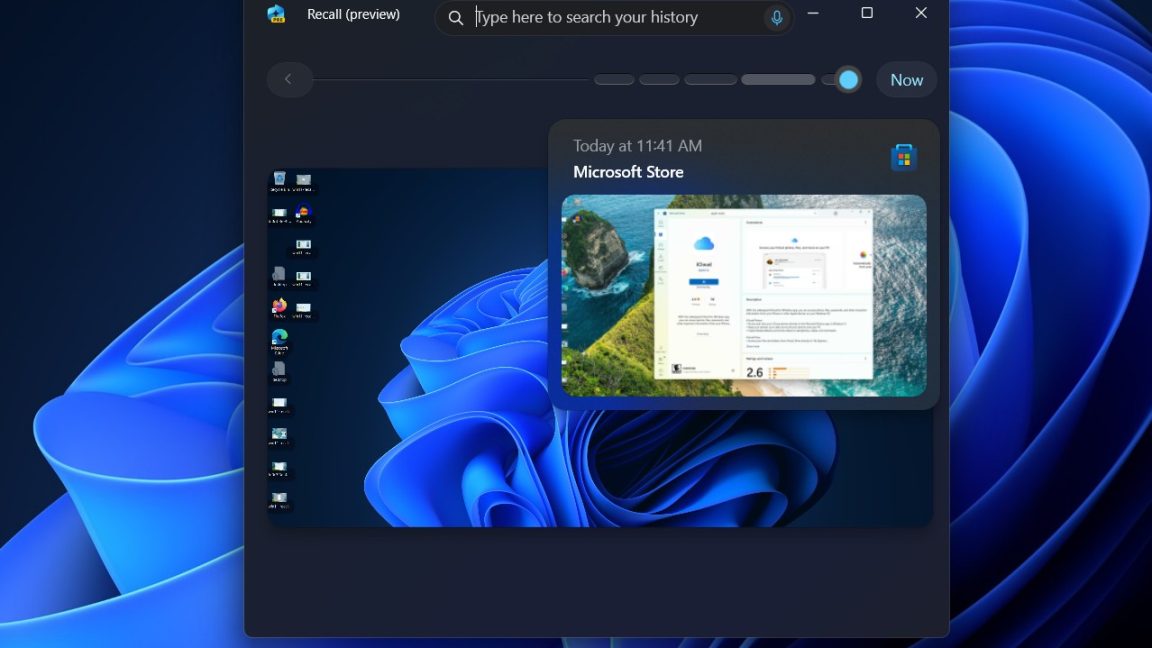Windows 11's Controversial Recall Feature: Microsoft's Privacy Gamble Sparks Outrage

Snapshotting and AI Processing: The Privacy Minefield of Constant Screen Surveillance
In an era of rapidly advancing technology, the concept of continuous screen monitoring raises significant ethical and privacy concerns. Imagine a world where your computer or device captures a screenshot every three seconds, subjecting each image to AI analysis—sounds intrusive, right?
The potential implications are both fascinating and deeply troubling. While such technology could offer insights into productivity, user behavior, and system interactions, it simultaneously opens a Pandora's box of privacy violations.
The Privacy Risks
- Sensitive personal information could be inadvertently captured
- Confidential work documents might be exposed
- Personal conversations and communications could be recorded
- Financial and medical information might be compromised
Beyond privacy, there are profound psychological implications. The constant awareness of being watched can lead to increased stress, altered behavior, and a pervasive sense of digital surveillance.
Potential Misuses
In the wrong hands, such technology could become a powerful tool for:
- Corporate espionage
- Personal stalking
- Unauthorized data collection
- Manipulative behavioral tracking
As AI continues to evolve, the line between helpful technology and invasive monitoring becomes increasingly blurred. The key lies in establishing robust ethical guidelines and stringent privacy protections.
Conclusion
While technological innovation offers immense potential, we must remain vigilant about protecting individual privacy and autonomy in our increasingly connected world.
